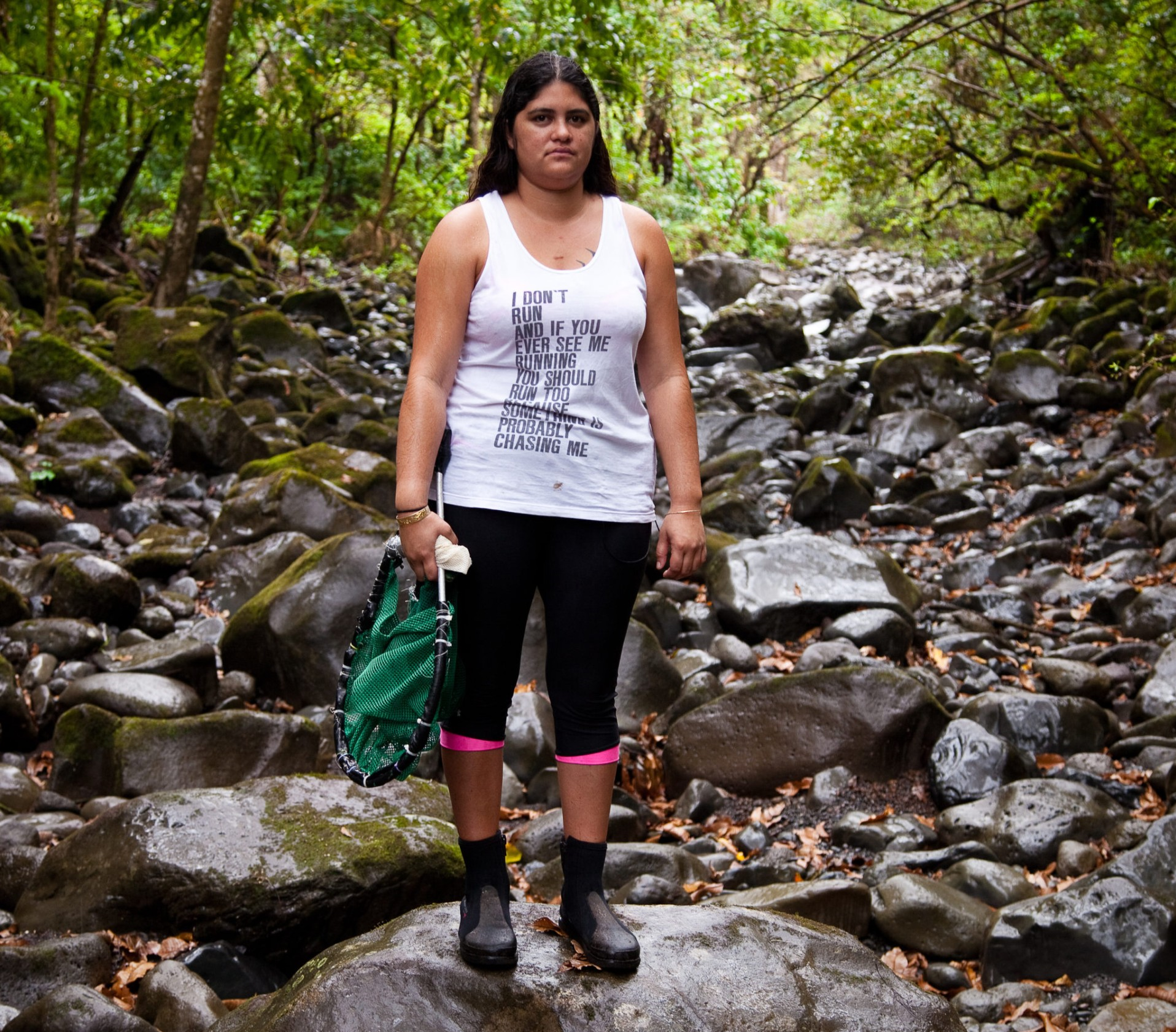A Fresh Start For Asylum Seekers
Matt Adams
Legal Director
Northwest Immigrant Rights Project
ABT Class Action Settlement agreement enables asylum seekers to live out of the shadows
Ms. M- is a young, indigenous Guatemalan woman who fled severe domestic violence and discrimination in Guatemala to seek asylum in the United States. She arrived at the U.S. border in December of 2014, was detained by immigration, and transferred to the Northwest Detention Center in Tacoma. With the help local advocates and community members, who raised a bond for her, she was released from detention. However, her first immigration court hearing was not scheduled until over a year later, in April of 2016.
Under the old system, before the ABT settlement agreement, this would have created untold hardship for her as she would not have been eligible to even look for work to support herself. First, by law she would be required to wait until the next hearing, in April of 2016, to submit her asylum application. Then, she would not be eligible to even apply for employment authorization until six more months had passed.
Without work authorization, in addition to being unable to apply for employment, she would have also been unable to get a State ID or driver’s license, which itself creates numerous hurdles in everyday life. Without ID, work authorization, or a social security number, she effectively would be living in limbo for a prolonged period of time for at least two years, unable to support herself. Without other family or supporting community here in the United States, she would have been rendered homeless, even though she was following the lawful process to seek asylum.
However, as a result of this class action lawsuit and the resulting ABT settlement agreement, Ms. M- was able to “lodge” an asylum application after release from detention, instead of being forced to wait another year and a half till her next immigration hearing. Consequently, after six months she was able to apply for and receive a work authorization. With the work authorization, she was eligible to get a State ID, social security number, and lawful employment. Where before Ms. M- would have been facing significant hardship due to court delays, now she could step out of the shadows and attempt to move forward with her life.











